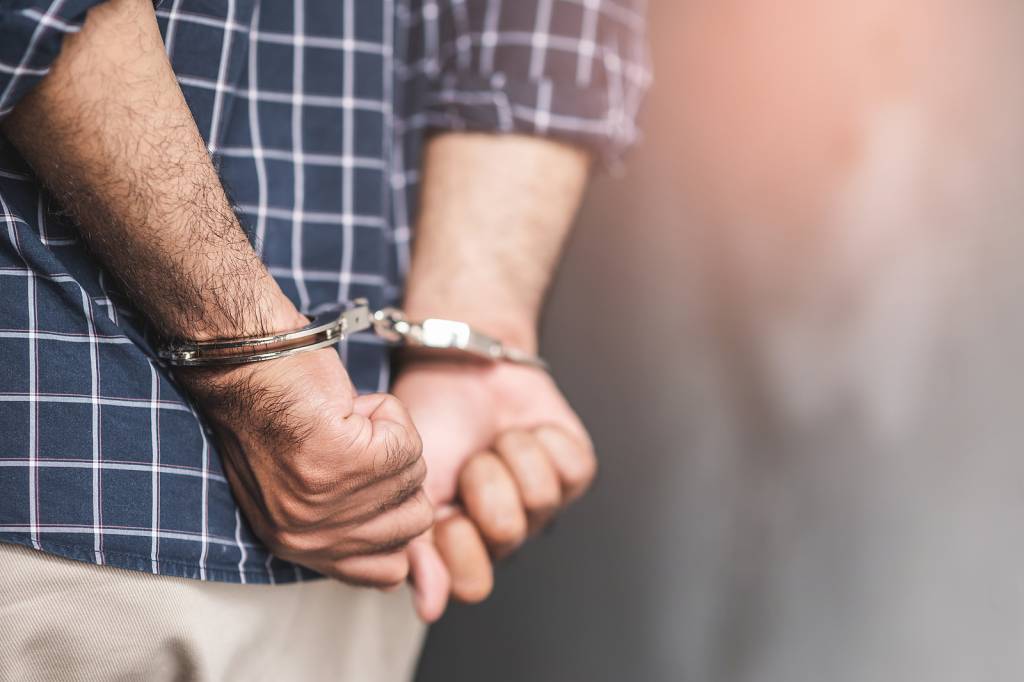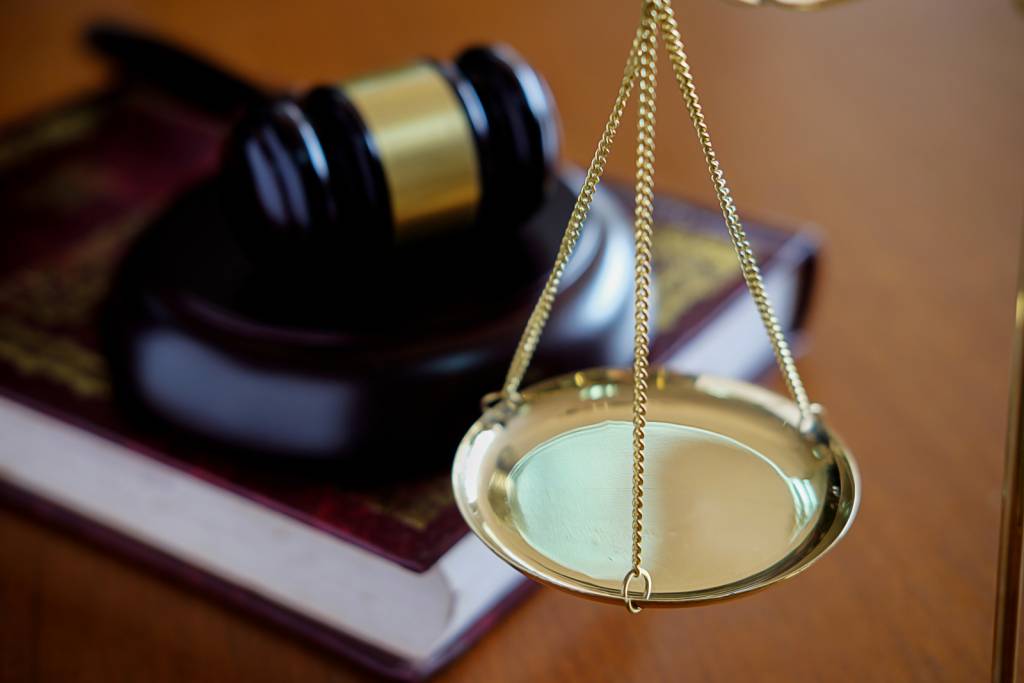It’s not just in the movies. Street gangs really are responsible for a large number of the drug crimes, drive-byes, home invasions, and armed robberies that are committed here in the Los Angeles area.
California’s Street Terrorism Enforcement and Prevention Act – known as the “STEP Act” – “enhances” the criminal sentences of street gang members, but innocent persons have sometimes been misidentified as gang members under the STEP Act. Here is how a drug crimes law firm in Los Angeles can help:
WHAT IS THE EXTENT OF GANG ACTIVITY IN THE LOS ANGELES AREA?
Hundreds of criminal street gangs have been established over the last century in and around Los Angeles.
Gangs have operated in the Los Angeles area since the 1920s, but since about 1980, the number of southern California gangs and gang members has climbed quickly and sharply.
California lawmakers responded by passing the STEP Act in 1988.
Proposition 21, approved by California voters in 2000, additionally increased the penalties for crimes committed by young persons, and Prop 21 also made it easier to transfer many youth offenders into the state’s adult criminal justice system.
Today, in the combined seven-county region that includes San Bernardino, Santa Barbara, Ventura, Riverside, Orange, San Luis Obispo, and Los Angeles counties, more than 175,000 individuals constitute over 1,300 criminal gangs, if the FBI’s most recent figures are correct.
HOW DOES LAW ENFORCEMENT DEAL WITH GANG ACTIVITY?
Although these street gangs offer young men friendship, status, and self-esteem, it is no surprise to anyone in the Los Angeles area that the overall effect of the street gangs is negative and destructive.
But when law enforcement officials use clothing, symbols, tattoos, race, and age to identify gang members, they’re casting a wide net that can and does catch a lot of innocent people.
Fundamentally, it’s a law enforcement strategy that does not address the root of the street gang problem.
WHAT ARE SOME OF THE PROBLEMS WITH CALIFORNIA’S STEP ACT?
In fact, most gang members are in most ways very typical young men, and most of their crimes involve fights over respect, girls, and “territory.”
Every parent in the Los Angeles area needs to know about the STEP Act. The sentencing enhancements are particularly troubling in cases that involve juveniles because a juvenile court’s mission in this state is supposed to be rehabilitation.
Nevertheless, some California prosecutors have misused the STEP Act to detain youths without cause, to commit young people to the state’s youth correctional system, and to support the transfers of juvenile cases to adult courts.
However, most California law enforcement authorities now believe that gang activity must be approached with multiple strategies, and they believe the entire community – the police, courts, schools, healthcare professionals, and media – must cooperate for those strategies to be effective.
Critics charge that instead of protecting at-risk youth, California’s STEP Act is exceedingly punitive. They believe that our state urgently needs to reform its approach to gang crime and gang prosecution.
EXACTLY WHAT DOES THE LAW PROVIDE?
Two provisions constitute the California Street Terrorism Enforcement and Prevention Act. The sentencing enhancement section is only one of the provisions:
1. The STEP Act outlaws any active gang participation. Defendants face as much as three years in prison if convicted of membership or participation in a gang.
2. The STEP Act mandates a sentencing enhancement – additional mandatory time in prison – for a defendant convicted of a felony committed for the benefit of a gang. The additional time is added onto the basic penalty for the original, “underlying” crime.
The STEP Act’s sentencing enhancement provision means a minimum of two additional years in state prison – and more, in many cases – for anyone who is convicted of a gang-related crime.
For the most violent felonies, the enhancement can be twenty-five or more years in a California state prison.
HOW ARE GANGS AND GANG MEMBERS DEFINED IN CALIFORNIA LAW?
To convict a defendant of a STEP Act violation – that is, to demonstrate that a defendant assisted, promoted, or furthered a street gang’s felony activity – a California prosecutor first must show that the suspect either aided and abetted or in fact committed a felony.
California law says a gang is “any ongoing organization, association, or group of three or more persons … whose members individually or collectively engage in or have engaged in a pattern of criminal gang activity.”
The law says that a gang member is a person who “participates in any gang … and who willfully promotes, furthers, or assists in any felonious criminal conduct by members of that gang.”
The exact penalties for STEP Act convictions hinge on factors that include the offender’s criminal history and the particulars of the “underlying” crime.
WHAT SHOULD YOU DO IF YOU ARE CHARGED UNDER THE STEP ACT?
The Street Terrorism Enforcement and Prevention Act is a complex statute, so anyone charged under the STEP Act must be represented by an experienced Los Angeles criminal defense attorney.
If you’re accused of being a gang member, or if you are accused of a gang crime under the STEP Act, immediately obtain the legal help that you need.
Be cooperative and polite as you are being arrested and booked, but don’t answer any questions except to explain – respectfully – that you are choosing to exercise your right to remain silent.
Then, contact a defense lawyer as quickly as possible.
HOW CAN A DEFENSE LAWYER HELP?
Many in the Los Angeles area who’ve never been a member of a gang – and many who happened to vaguely know a gang member – have been wrongfully charged with “gang” crimes under the STEP Act.
In the Los Angeles area, if you’re charged with a gang-related crime under the STEP Act, you must be defended by an experienced Los Angeles criminal defense attorney who is familiar with the STEP Act and who has substantial experience defending those accused of gang crimes.
If you’re not guilty, if you are guilty of a minor crime that wasn’t gang-related, or even if you’re guilty as charged, a good defense lawyer can help you, but it’s up to you to make the call.
If you are arrested and if you face any type of gang-related charge, your future and your freedom may be on the line. Get the legal help you need – immediately. It’s your right.









